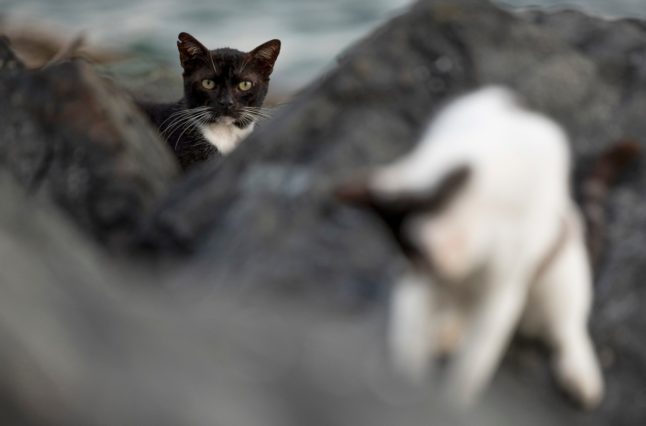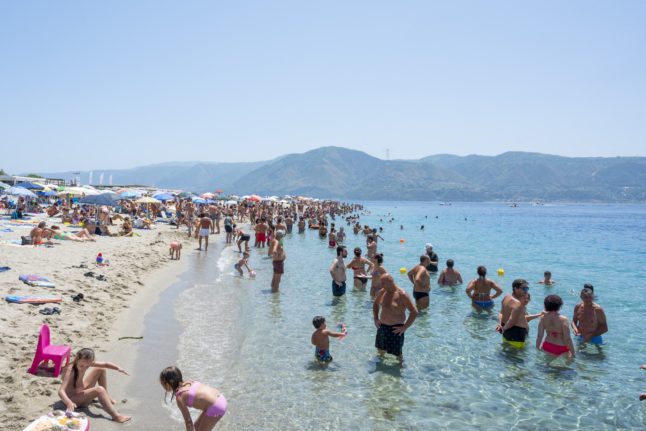Vicenza, in the northern region of Veneto, is usually overshadowed by other cities in the area – namely Verona and Venice – but it’s a beautiful city in its own right.
It’s known for its palladio-bordered piazzas, beautiful churches and greenery, as well as the local cuisine: baccalà alla vicentina, a typical Veneto dish made with cod, is among the most famous.
So it can be perplexing – and a little alarming – to hear that Italians, particularly those from Veneto, sometimes refer to Vicentini (people from Vicenza) as “magnagati” (‘cat eaters’).
This is said to come from a legend dating back to 1698 when, to eradicate rats in Vicenza during the plague, Venice sent in large numbers of cats to kill them.
As the plague also led to famine, there were rumours that some cooks may have taken advantage of the large number of felines in the city by including them in some of their recipes.
Did you know…? Rome wasn’t Italy’s first capital city
There’s even a Venetian-language nursery rhyme, which is still known by locals today, and which describes inhabitants of each Veneto city – mostly in rather unflattering terms:
“Venexiani gran signori, padovani gran dotori, visentini magna gati, veronesi tuti mati, trevisani pan e tripe, rovigoti baco e pipe. E belun?Ti belun, non ti vol nesun.”
In English, this could translate to:
‘Venetians, great gentleman, Paduans, great doctors, Vicentini, cat eaters, Veronese, all are mad, Trevigiani, bread and tripe, Rodigini, wine and pipe. And Belluno? You, no one wants.’
Such descriptions are used between people from Veneto only, and we probably wouldn’t recommend joining in with these jokes as an outsider.
But don’t be alarmed if you hear anyone talk about people from Vicenza eating cats – Vicentini themselves usually find the joke a bit tiresome. But you should definitely try the baccalà alla vicentina.



 Please whitelist us to continue reading.
Please whitelist us to continue reading.
Member comments